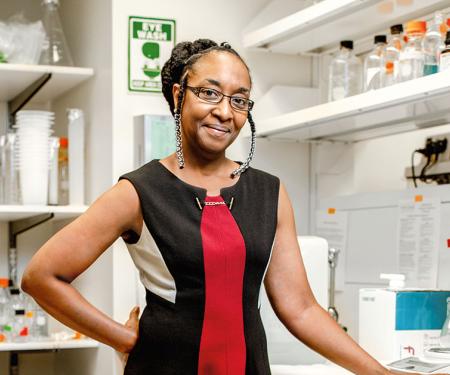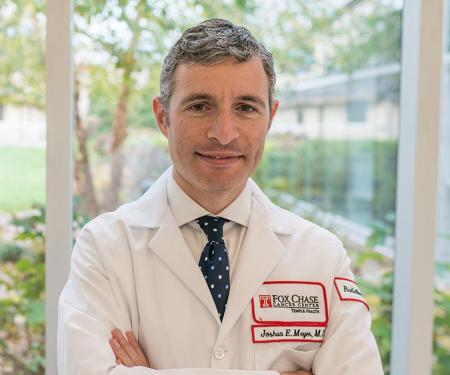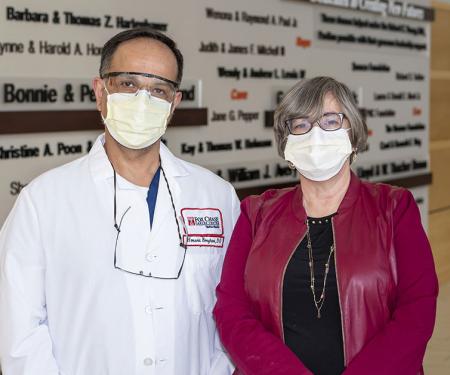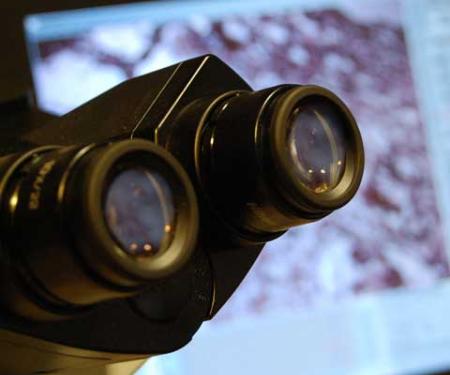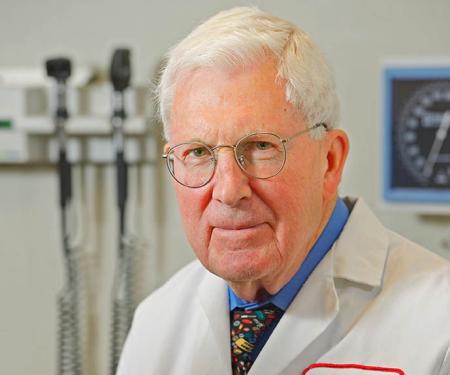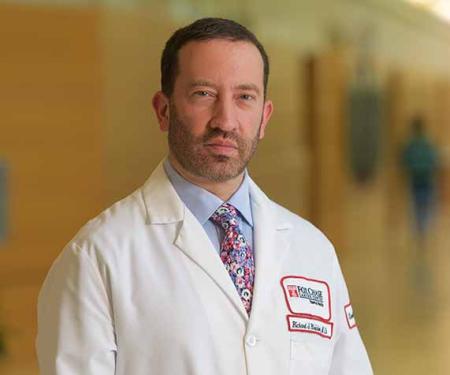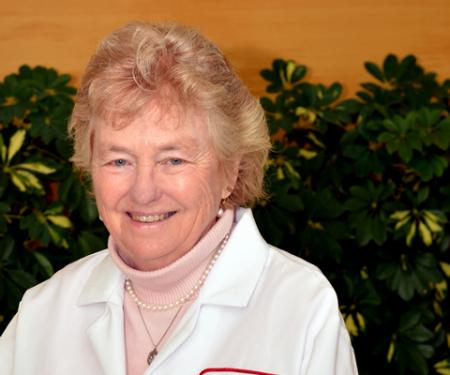Related Articles
00 / 00

The multidisciplinary Cancer Prevention and Control (CPC) program focuses on the integration of basic and applied research in molecular biology, oncology, and the behavioral, social, and population sciences to reduce the burden of cancer. Collaborative teams work closely to develop and implement novel, state-of-the-art approaches to reduce cancer risk and enhance cancer-related outcomes.
The overall goal of CPC is to reduce cancer morbidity and mortality by addressing cancer disparities and enhancing cancer prevention and control in populations at increased risk for cancer, especially the underserved.
The Program has three overarching themes:
Research to assess the impact of heritable mutations and genetic polymorphisms on cancer susceptibility is facilitated by several invaluable resources, including one of the nation’s most comprehensive clinical Risk Assessment Programs.
The ability of environmental factors (e.g. hormones, tobacco smoke) to modulate the expression of oncogenes and associated signaling pathways early in carcinogenesis is also of interest. The identification of molecular events that can serve as biomarkers of cancer risk for early detection and/or targeted intervention fosters the development of efficacious risk management and modification strategies for clinical translation.
Program members are developing evidence-based approaches for communicating risk information to individuals (or defined populations) and their health care providers to facilitate informed decision-making and establish optimal risk management strategies.
Individuals, as well as their physicians, must interpret complex risk information and consider multiple factors when making decisions about genetic testing, prevention, or treatment options. Consequently, research in this area focuses on how various forms of risk communication may impact decision-making and psychosocial and behavioral outcomes.
Efforts to modify or reduce individual (or population) risk and improve outcomes are being accomplished through psychosocial/behavioral, therapeutic, or cancer care delivery interventions.
An assessment of the ability of preventive agents to inhibit cancer formation capitalizes on the identification of biomarkers of cancer risk. Innovative community-based and patient-focused interventions are being evaluated for their impact on patient-reported outcomes, cancer-relevant biological pathways (e.g. cell-mediated immunity, inflammation), and clinical outcomes.

























